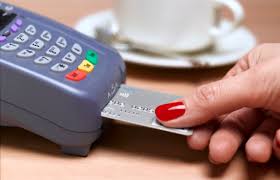×
The Standard e-Paper
Join Thousands Daily

The so called 'cashless society' could kick in sooner rather than later, new figures suggest, after more than 3 million people revealed they 'hardly' used the legacy method to make payments last year.